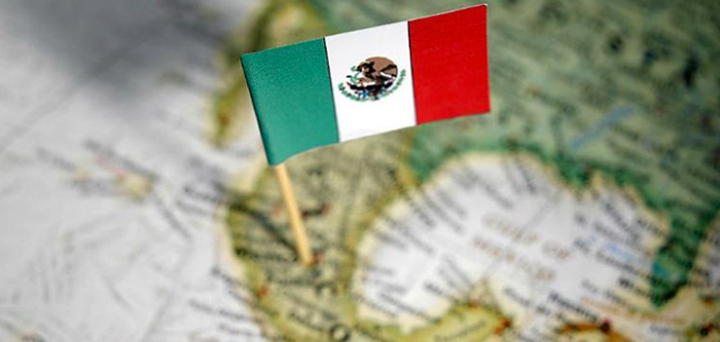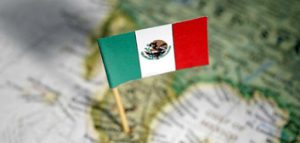Mexico, an option to reach a better future

Mexico is looking for new investors and commercial partners while two of its major free trade agreements are being renegotiated: NAFTA and the European Union Free Trade Agreement. These deals will be analyzed in order to bring benefits for all of its parts, and are planned to be totally reviewed before the actual government of Enrique Peña Nieto ends.
By being an active member of multilateral and regional organisms and forums such as the World Trade Organization (WTO), the Asia-Pacific Economic Cooperation (APEC), the Organization for Economic Cooperation and Development (OECD) as well as the Latin American Integration Association (ALADI); and a result of the last political and financial situations around the world which include: Brexit, Asean, Mercosur, the Paris Agreement; Mexico needs to build unity among other G-20 nations, in order to build better and stronger economic partnerships.
By diversifying its export markets (just 5% of Mexican exports reach Europe compared with 70% to the U.S.) Mexico could open a new business chain to reduce trading costs, which could benefit and expand the international markets.
Mexico is a strategic ally with potential to grow into a very important trading partner for bigger economies because of its terrain, production of source materials and food, as well as in assembling of technological parts and for its workforce. This unique characteristics can favor a greater trade and new investment flows including cultural agreements and other programs of reciprocal support and benefits like peace agreements and the help in issues such as defending human rights
Most of the investment of Mexico’s social partners is diversified in manufacturing, the financial sector and services like tourism. Mexico is positioned as a gateway to a potential market of over one billion consumers and 60% of world´s GDP because it has trade agreements in three continents.
According to the government’s data, Mexico has a network of 10 FTAs with 45 countries, 32 Reciprocal Investment Promotion and Protection Agreements (RIPPAs) with 33 countries, 9 trade agreements (Economic Complementation and Partial Scope Agreements) within the framework of the ALADI and and it is a member of the Trans-Pacific Partnership Agreement (TPP).
Countries like Mexico, Costa Rica or Colombia are leading the economic future of Latin America by being prosper lands that are enhancing new programs to assure their stability. LATAM region is starting to compete with greater nations by being a provider of food and manufacture, a technological shipbuilder and a major destination for business and pleasure tourism.
Developing countries are changing as the economy adapts to the new global system. Globalization is still a consequence of massive immigration, but Mexico has learned well and has become a country with open arms for anyone who needs it. The renegotiation of its FTA’s and the expansion of its internal business is the first step in the development of a new way of commerce. Investment can only upgrade the markets, this means:
- Better working conditions and salaries
- The expansion of business, industries will reach new markets in other continents
- Creating new jobs by finding suppliers and new trades
- Alliances between countries and companies to preserve the ecosystem
- Shifting wealth
The importance of trading has reached global levels and major countries should take on consideration taking advantage of the strengthening of some economies like México and its growth for the past 23 years since it opened its doors to global trade.


